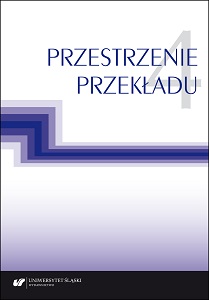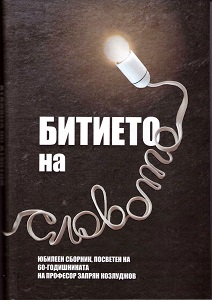
Структурно-семантические особенности белорусского синтаксического фразеологизма як было не + инфинитив и его соответствия в английском языке
The article provides an overview of Russian studies in the field of syntactic phraseology. It is noted that the term syntactic idiom is currently new in the Belarusian phraseology, and this type of phraseological units has not been studied. The article dwells on structural and semantic features of the Belarusian syntactic idiom як было не + инфинитив and on the specificity of the lexical content of its variable component. Two English correspondences of the syntactic idiom are singled out and analyzed.
More...
